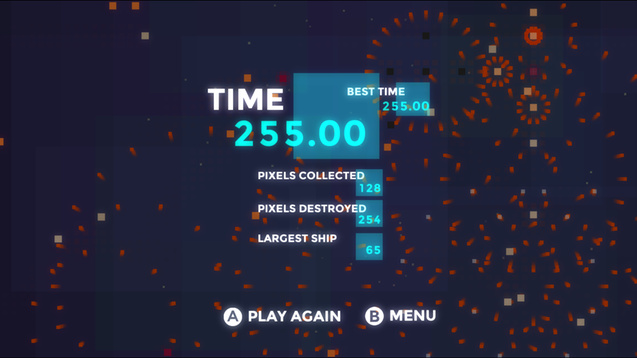Be a lover, not a fighter.
Pixel Galaxy falls under the familiar genre of bullethell shooter, but it attempts to reinvent the formula with a shift to pacifist mechanics. Players don't actively shoot enemies—they let enemies do the shooting for them. The concept helps Pixel Galaxy create its own identity, but it doesn't quite prevent repetition and stagnation. The presentation of neon lights and electronic tunes compensates for some of its flaws, but at the end of the day Pixel Galaxy stands out as a cool concept more so than a great game.
Players start out as a single pixel at the beginning of each playthrough. In order to survive, they must construct ships around that single pixel by collecting enemies. The only problem is that enemies still attack, so the risk/reward mechanic requires players to carefully dodge while looking for openings. I had plenty of moments in which I'd try to attach an enemy to my ship, only for it to attack at the last second and ruin everything. Sometimes it's easier to clear out enemies, as the ones attached to the ship automatically fire.
The automatic fire contributes to boss fights, which are Pixel Galaxy's finest moments. Bosses take up much of the screen, feature intricate attack patterns, and require players to chip away at armor in order to reach the core pixel and ultimately destroy it. They often prove very challenging, so the rotation mechanic plays in important role in most boss fights. The left and right bumpers on the controller rotate the ship around like a Tetris block, which allows players to concentrate fire and dodge in different directions. I ignored it for a while, but then I realized it's a critical key to survival as ships come in a variety of shapes and sizes as enemies are collected.
Unfortunately, a lot of the action in boss fights can be hard to follow. In fact, that applies to the entire game. The combination of neon colors and tiny pixels creates an overwhelming sense of chaos, so much so that it distracts from the core game. I had to sit very close to my computer monitor and strain my eyes just to survive for more than a few moments, and the volume of enemies on screen at once results in a whole lot of pixel bullets. It gets even crazier with a co-op partner, though at a certain point, the craziness reaches critical mass and one extra ship on the screen doesn't make a huge difference. But it also helps that the local co-op is a lot of fun.
Outside of a co-op, there's not a whole lot to see and do in Pixel Galaxy. The game features six difficulty modes, which unlock in sequential order as players clear previous difficulties. There's also a boss rush mode at the end and a coliseum to take on bosses one at a time. The replay value comes from randomly-generated level layouts and enemies. No two playthroughs are the same, but the variation doesn't stand out much from one run to the next. Thus, the focus shifts to high scores and leaderboards, which only sustains a game like Pixel Galaxy for so long.
The fantastic pulsating soundtrack kept me hooked for a little while, but eventually Pixel Galaxy repetition sets in. The lack of meaningful content holds the game back, which is a shame because the idea itself creates a foundation for something more. I still had fun forming ships out of enemies and the boss fights in particular provided a welcome challenge, but that only remains fun for so long. At least I see myself going back to the soundtrack on occasion.
-
Unique concept
-
Fantastic soundtrack
-
Great boss fights
-
Little content
-
Repetition sets in
-
Too hectic at times
Pixel Galaxy
-
Pixel Galaxy #1
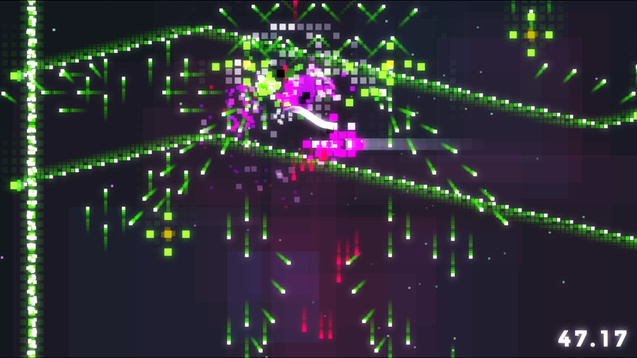
-
Pixel Galaxy #2
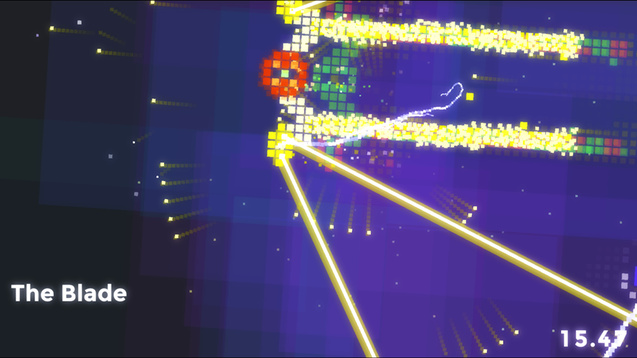
-
Pixel Galaxy #3
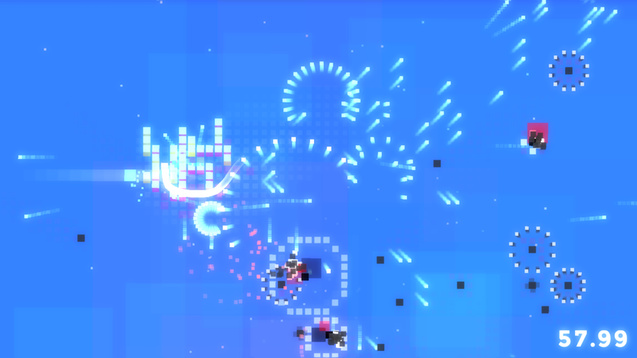
-
Pixel Galaxy #4
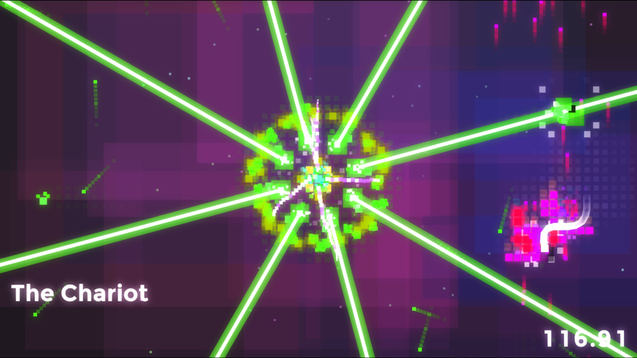
-
Pixel Galaxy #5
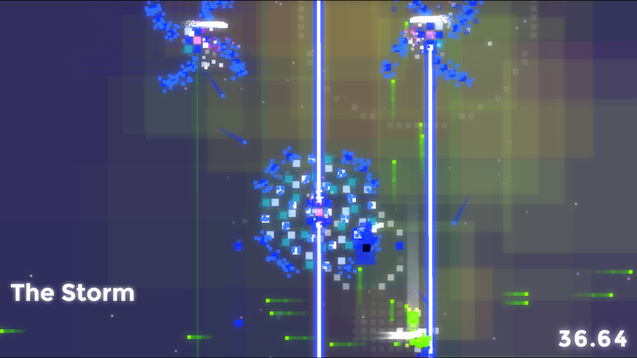
-
Pixel Galaxy #6
